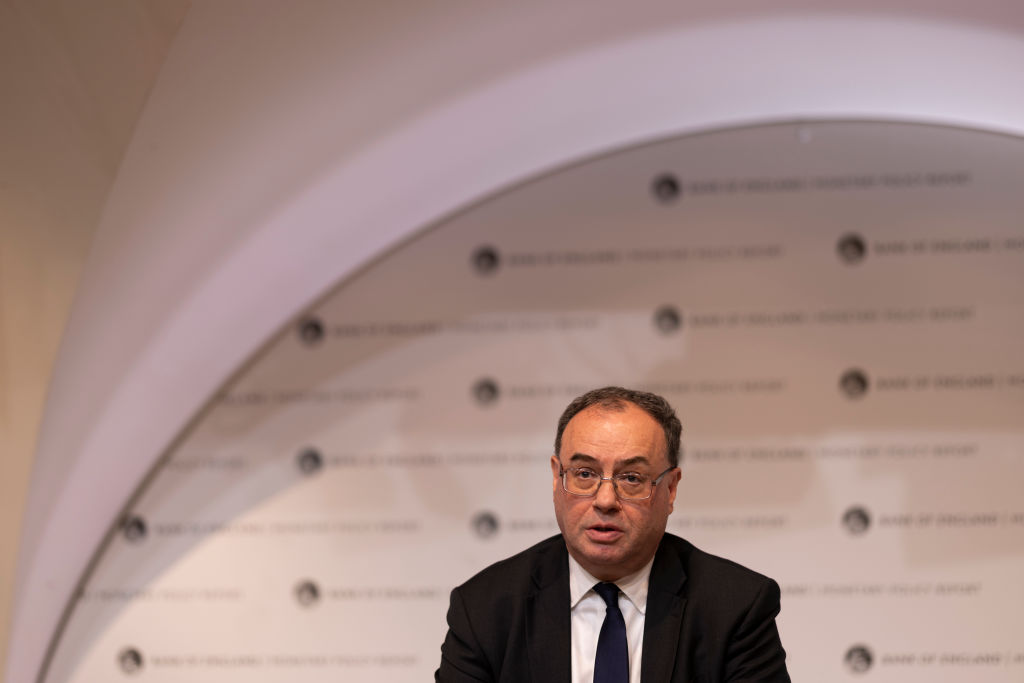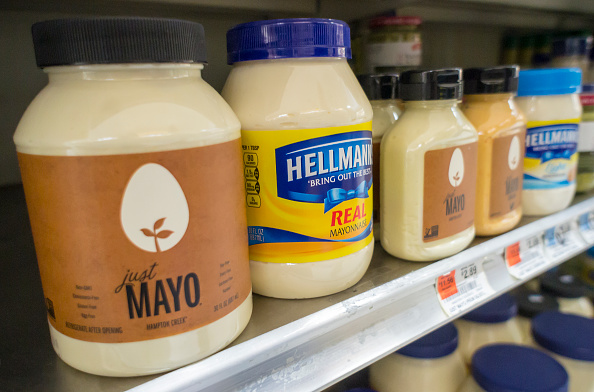Best of this week in our opinion pages: from community-based solutions for fighting terrorism to the Bank of England’s dilemmas

As talks of a definitive lifting of Covid-19 restrictions intensify, workers are coming back to their offices in flocks, bringing liveliness back into the Square Mile. Richard Kauntze wrote about an often overlooked aspect of the City’s inner workings: the unofficial economy of gossip. The City has long thrived on whispered tittle-tattle, which plays a special role in brokering deals and getting useful information out. When gossip is back, you know the City is alive again.
The more street-savvy among the senior executives will be well aware of the financial value of gossip, a commodity which is not bought or sold but bartered.
Richard Kauntze

Last month’s Texas hostage crisis shed a light on the inescapable truth that terrorism and hatred are still very present in our societies. Richard Ottoway turned to the UK’s counter terrorism strategy to look at what worked and what didn’t in the past two decades. Deradicalisation works if it is relatable, if it speaks to the people it is trying to reach. That’s why it should be implemented at the grassroot level, through civic organisations who address the root causes of this very scary, and very real, phenomenon.
More than a decade ago, when I chaired the Foreign Affairs Select Committee, our enquiry into Afghanistan argued that military solutions had distinct limitations. We recommended more community engagement to bring about peace and end radicalisation. Today, it may seem that report did not go far enough.
Richard Ottoway
This week, inflation has been front and centre. On Thursday, City A.M.’s Economics and market reporter Jack Barnett looked at the Governor of the Bank of England Andrew Bailey’s message on inflation, arguing that his tone lacked nuance. Bailey has asked workers to temper pay demands to tame inflation. This is a lot to ask from a drained workforce, worried about an imminent cost of living crisis. Perhaps things would look different had the Bank launched the rate hike cycle earlier.
It is all about influencing expectations by sending the message that monetary policy will stay loose. Governor of the Bank of England Andrew Bailey’s message to workers to temper pay demands will probably have the opposite effect.
Jack Barnett

A City veteran, Guy Hands wrote about mental health in the Square Mile and in our National Health Service. Hands reflected on his own experience of struggling with mental health while working in the City. Although attitudes have shifted, we still consider psychological wellbeing less important than physical health, and this is reflected in the NHS. Our health system needs much more funding and resources to deal with something that’s only become more prevalent during the pandemic.
I felt it would be weak even to consider getting help. I was wrong.
Guy Hands
On Friday, Daniela Flores took a deep dive into the mayonnaise saga, started by Terry Smith’s comments last month about Unilever’s attempts to define a social purpose for its Hellman’s mayonnaise. In today’s world, thankfully, you can’t separate business from sustainability anymore. But companies must learn how to communicate their social purpose in a way that makes sense for their core values. Otherwise what they risk is losing investors on the way.
The conundrum can be solved only with with clarity at every level and speaking the language of investors, laying out a long-term strategy to make it a business that can make sustainable profits – in both senses of the word – as the globe’s needs adjust.
Daniela Flores

